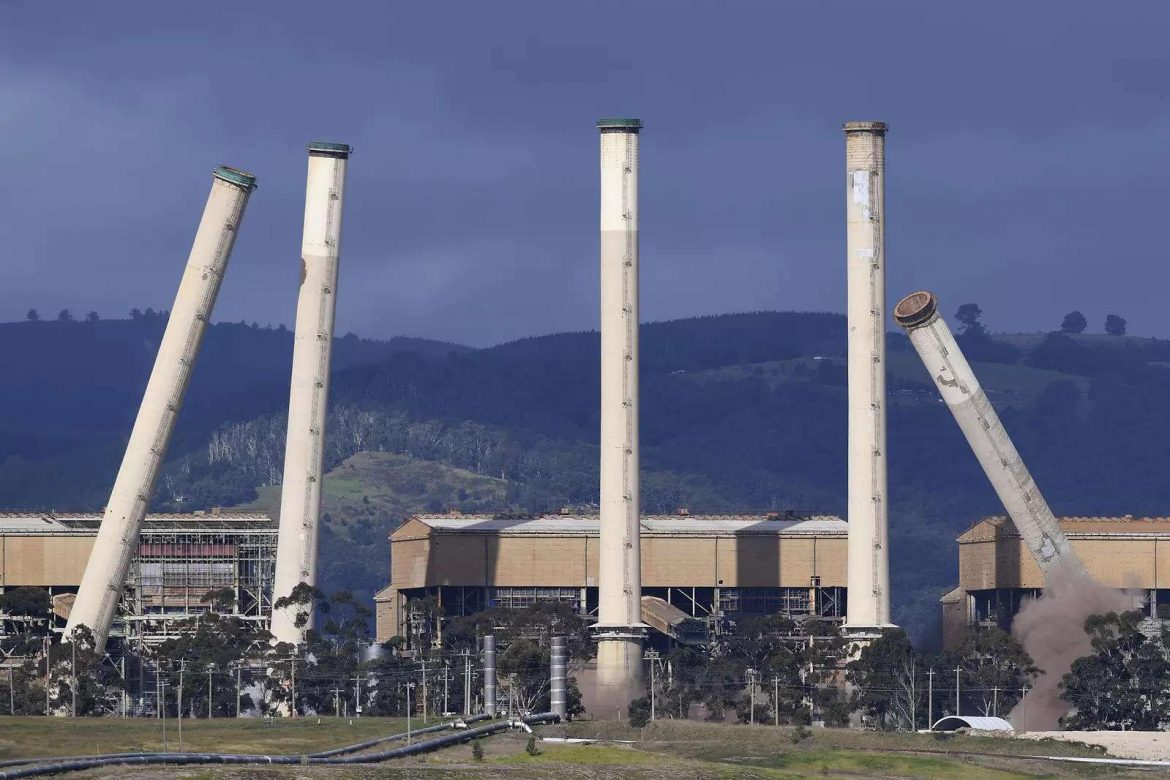Emissions reduction plan with curbs on some new gas and coal investments and a cap on total greenhouse gas emissions from Australia’s biggest polluters has been passed by the country’s lower house on Monday, after a key deal with the Greens Party.
Tagged the “Safeguard Mechanism” reform, the legislation is important to the Labor government’s pledge to cut emissions by 43% by 2030 in a country that ranks as one of the world’s biggest carbon emitters per capita.
Changes including a hard total emissions cap, ministerial review for projects that raise total emissions and compulsory disclosures for polluters that rely heavily on carbon offsets to meet their targets were the results of weeks of talks with the Greens Party, whose support is needed in the upper house Senate.
All new gas projects in the Beetaloo Basin are required to have net zero carbon emissions while new gas fields supplying existing liquefied natural gas (LNG) plants are also required to have net zero reservoir emissions, imposing new costs under the updated legislation.
Read also: Berlin climate proposal fails to get enough yes votes to win
“Today, we are a step closer to achieving net zero by 2050,” Energy Minister Chris Bowen said.
Support from the Greens, who originally wanted to ban all new fossil fuel projects, leaves the government short two votes in the Senate, where it is wooing independents.
Ensuring about 215 oil, gas, mining and manufacturing facilities that annually emit more than 100,000 tonnes of carbon dioxide-equivalent (CO2-e) cut their emissions by 30% over the next seven years is the aim of the plan that is due to take effect on July 1.
The government said it would tip in A$400 million ($266 million) to help the cement, steel and aluminium industries decarbonise.
Story was adapted from Reuters.
